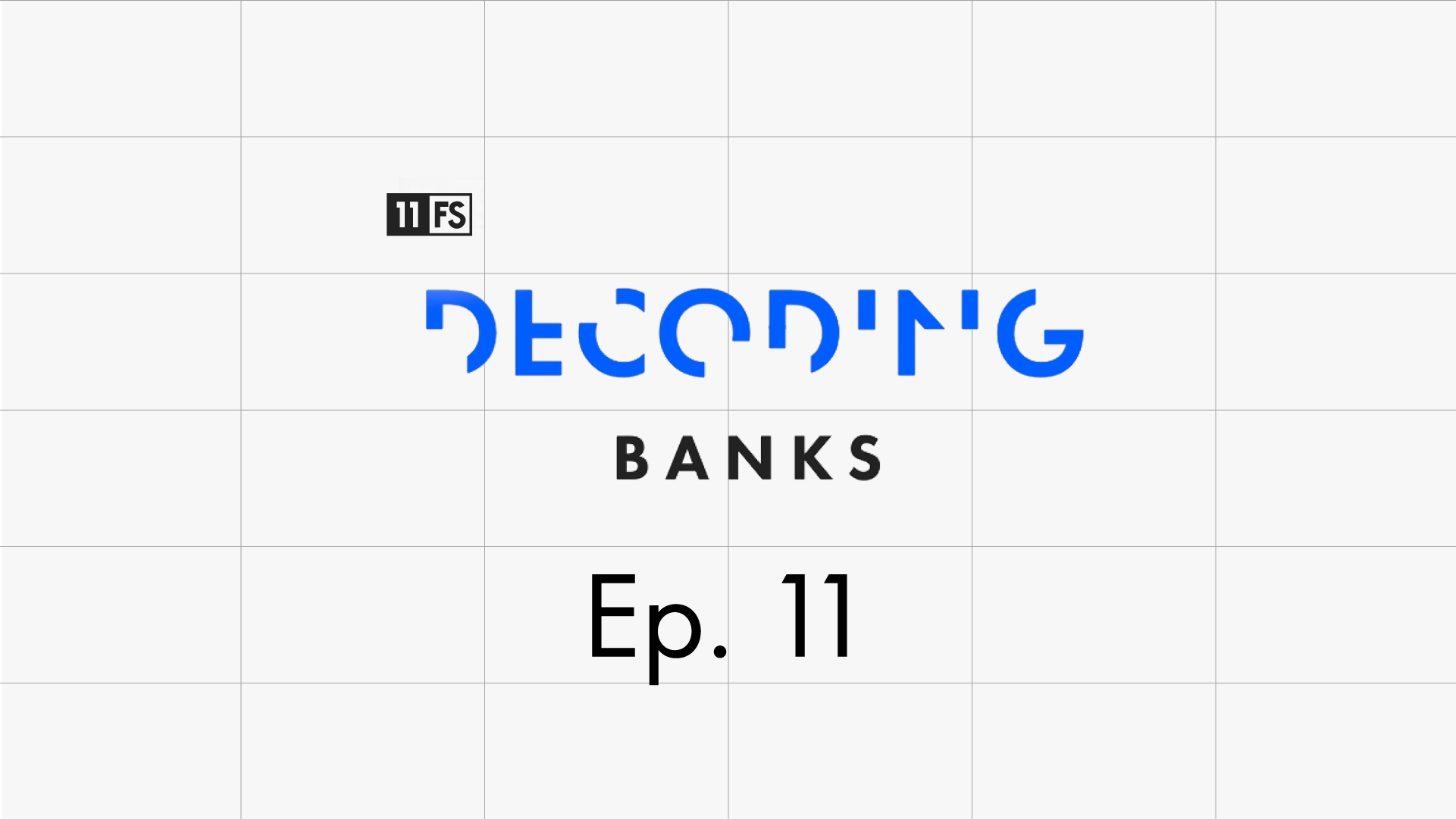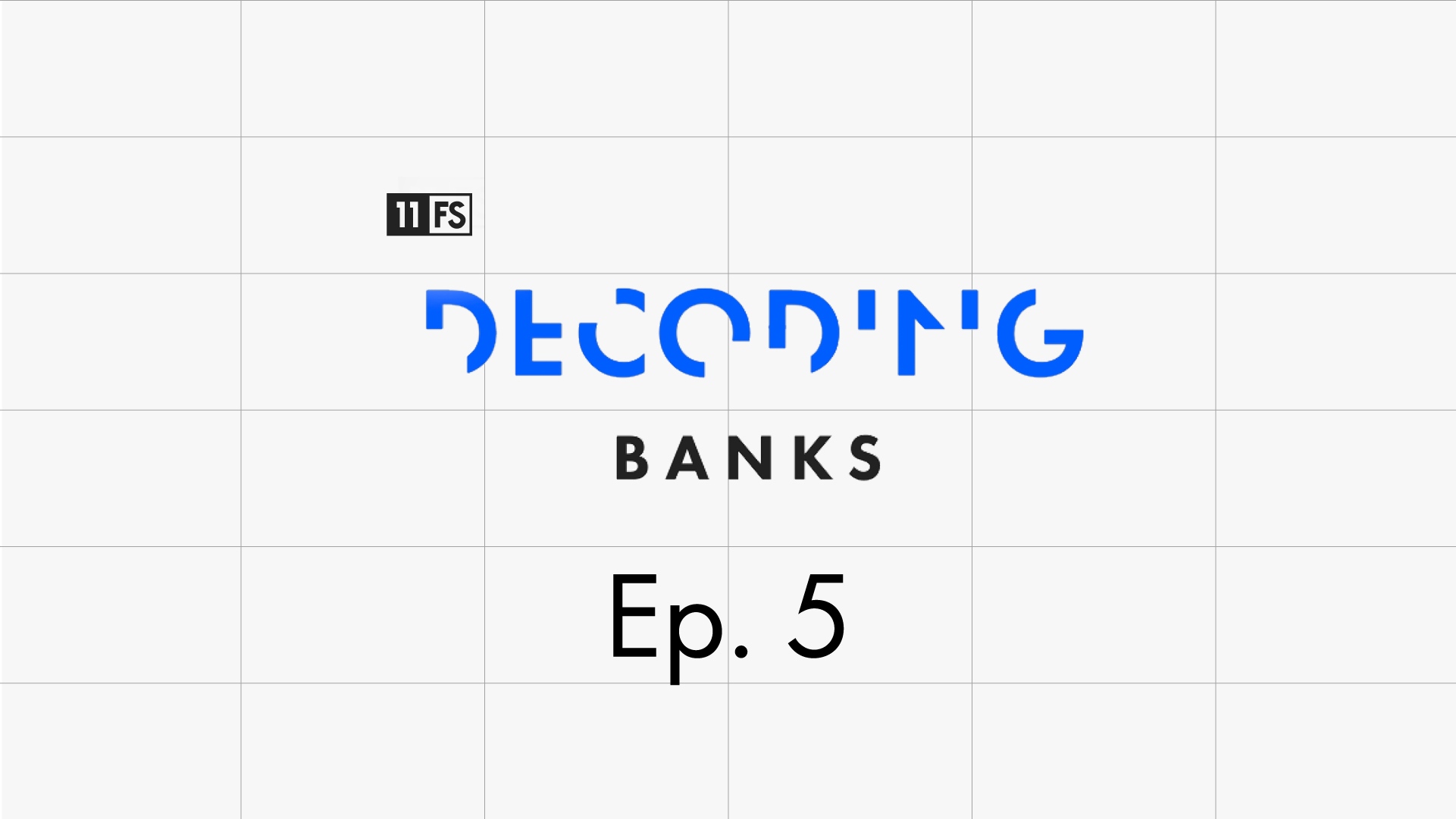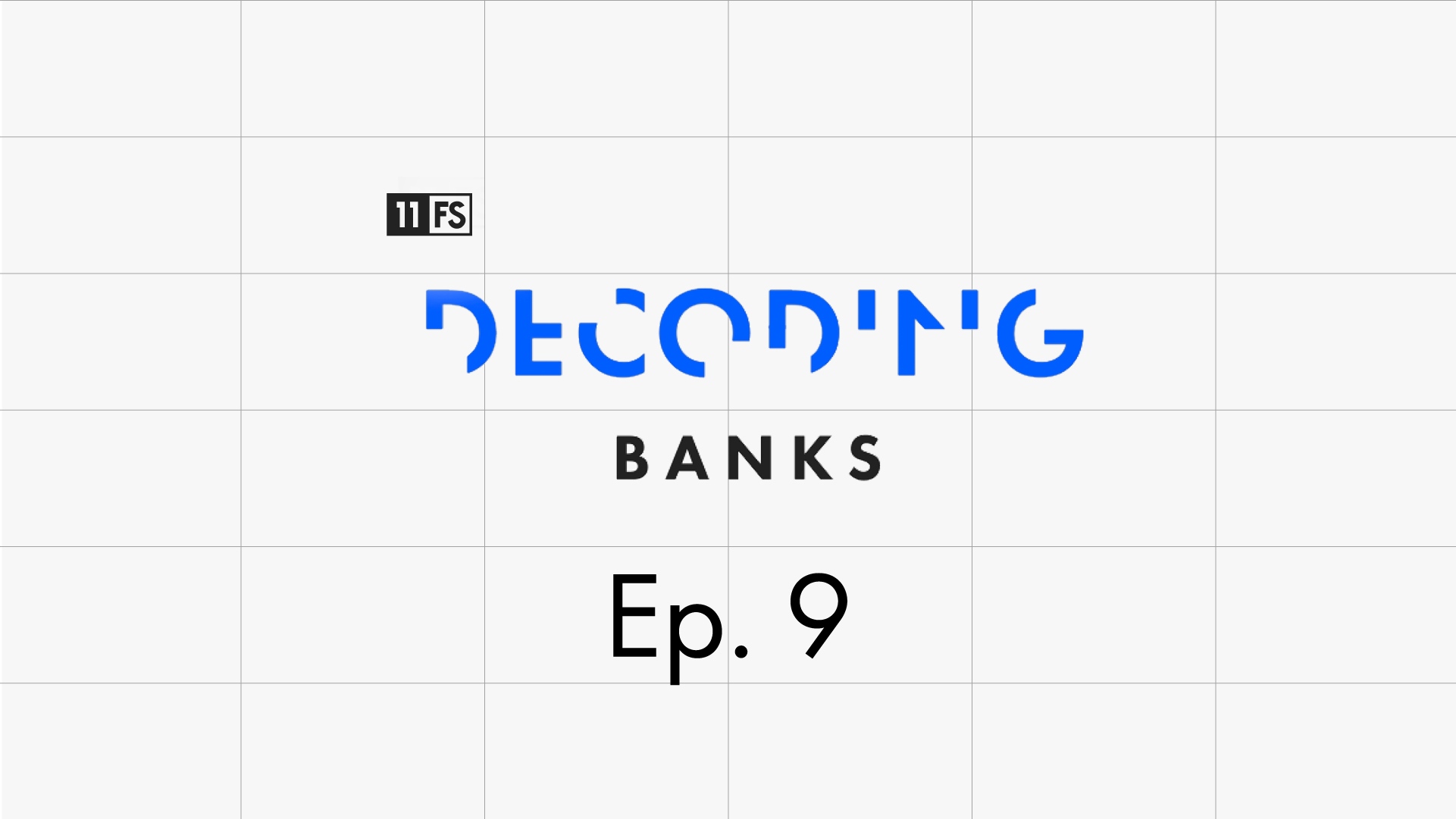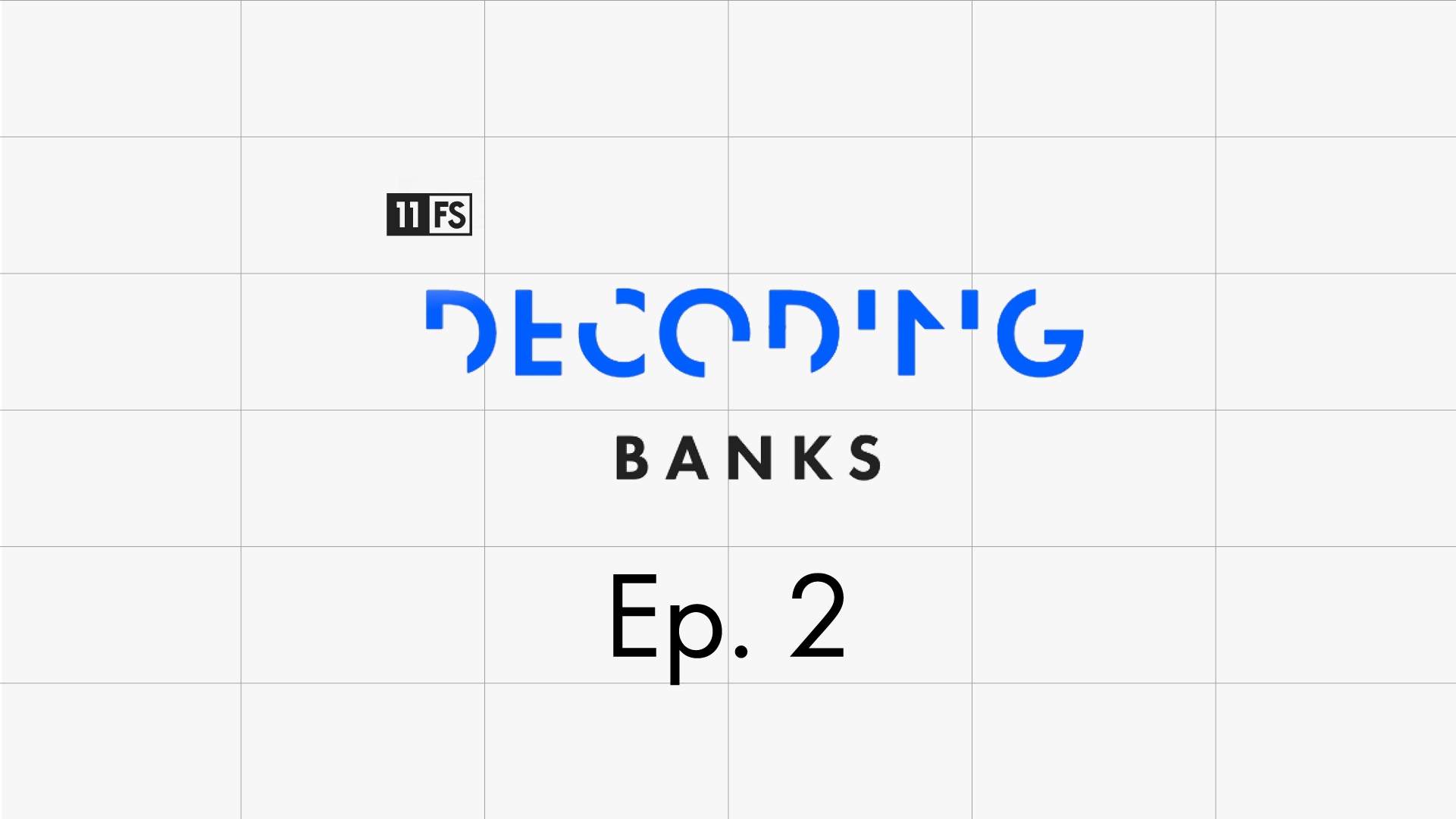
Global

Reimagining Processes and Culture in Business
In my entire career to-date, I never heard a vendor describe themselves as simply a vendor. We do a thing, you pay for the thing, we shake hands and go our separate ways.

What happened to gamification?
As we emerged from lockdown(s) and started meeting in person, banks, fintechs and FS companies of all shapes and sizes had been busy doubling down on their digital efforts.

Machine Learning: Discover Your Problems Before They Happen
We knew we had to pull out all the stops for the first IRL After Dark since records began. Well, March 2020.

FCA Sandbox leads regulation
As Policy Director of the Financial Conduct Authority, David Geale is responsible for policy across financial services, from consumer credit through to senior exec accountability in banks, and many things in between. He spoke to FinTech Insider about the FCA’s focus on innovation.

One Fintech Nation: Bringing the Nation Together - The Network Effect
It’s week 3 of our One Fintech Nation series in association with Tech Nation. Here’s a quick review of our latest incredible podcast episode looking at how Fintech is a force for good. As you’ve seen in recent posts on fintech inclusion it’s an issue close to our hearts here at 11:FS. You can/should/need/have to listen to it now.

The biggest problem of all, is not knowing what it is
Traditionally, tech teams place their QA function outside of core development. They form entire herds of QA people that come at the end of a feature being developed and do what they can. Most of the time they’re not even based on the same floor, or they’re outsourced entirely. But why is this?

Jobs to be done: Commoditised products have no purpose
This is the fourth instalment of a 6 part series that explores the Jobs to be Done (JTBD) for US SMBs that we identified in our recent research. Each blog post explores one of the jobs and how we examined it with a JTBD canvas. If you missed the first post that explains JTBD and the canvas, check it out before reading this.

11 Biggest Fintech Stories of Q2 2018
There’s a sweltering heat wave hitting the city and I’ve never been so thankful for the office air conditioning. We’ve just entered July, everyone’s moving onto their Q3 targets and writing reports on Q2. So what happened in Q2 for the fintech world? And where are we about to go for Q3? I take a look at the 11 biggest stories that happened in fintech over the last three months.

The problem with SMB finance is…everything
China has long been on the radar of those with ambitions of marrying technological innovation with a payments-savvy population of big spenders. Traditionally, though, China’s economy had been centrally-planned, driven by investment and built around large state-owned enterprises (SOE). Banks had focused mainly on providing services for these SOEs, under-serving SME and retail consumers. So, naturally, with Alibaba and Tencent so successfully serving other areas – e-commerce and social media respectively – it should come as no surprise that they’ve found themselves filling this vacuum.

Amazon teams up with American Express for SMBs
You can catch the full Fintech Insider take on the news today at 4pm on the podcast here. Sticking to our Monday news blog format, we’re going to take a close look at one of the most interesting stories of the week’s show. For analysis straight from industry experts subscribe to our podcast! Fintech Insider host and 11:FS co-founder Simon Taylor sits down with Freddy Kelly, Veronique Barbosa, Tanya Andreasyan, and Philip Clarke to discuss the news, including Amazon teaming up with American Express for SMBs.

One Fintech Nation: Fintech for Good
Today we’ve got the second in our four part mini-series on fintech in the UK with Tech Nation (go listen to the first one here if you haven’t already). Our latest episode on uniting the fintech kingdom focuses on what makes the UK such a unique regulatory environment. We also take a look at whether Brexit will remove the UK’s fintech crown. This post is just a little teaser for what’s coming out at 4pm today. In our podcast we examine why UK fintech is so attractive and how to keep the flow of talent and companies coming in. You can/should/need/have to listen to it asap.

Jobs to be done: Design, Test, oh shit...
This is the fourth instalment of a 6 part series that explores the Jobs to be Done (JTBD) for US SMBs that we identified in our recent research. Each blog post dives into one of the jobs and how we examined it with a JTBD canvas. If you missed the first post that explains JTBD and the canvas, check it out before reading this.

Wellbeing: How Mental Health Impacts Everyone
There’s a lot of recession talk at the moment. Are we entering the next recession? Are we already in it? We all remember the 2008 financial crisis, and, more recently, the Covid-19 pandemic and lockdowns, and all the financial trouble they caused.
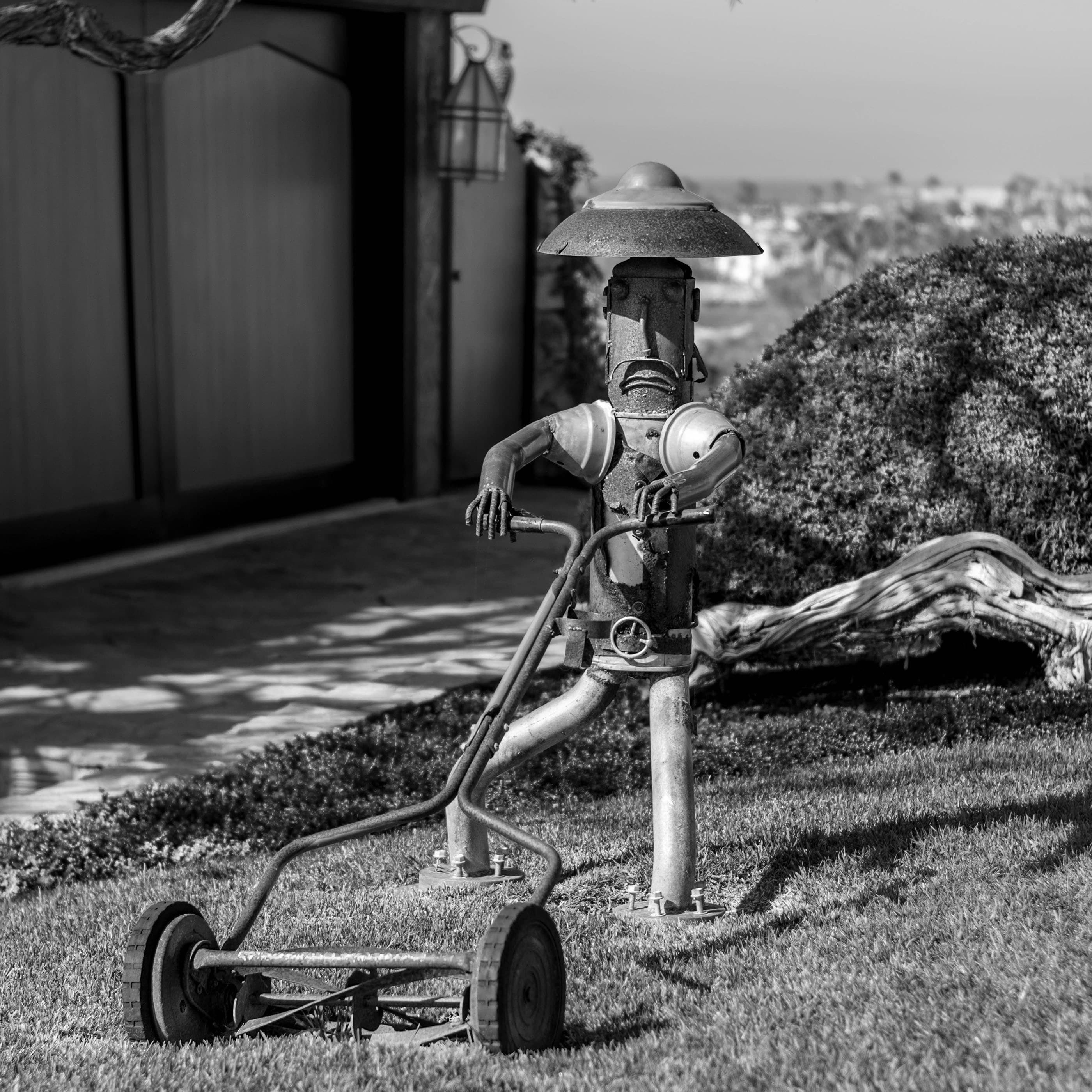
Jobs to be done: Customers don’t want your bank
I speak to a lot of banks and I get asked the same question: “How do I test my product ideas?” The secret is understanding how your customers measure value and align your proposition to their definition of success. However, the temptation for a lot of corporate innovation teams is to jump straight into product design which ultimately slows you down and sends you in the wrong direction. To set off in the right direction and accelerate to market you need to return the customer Job. Jobs To Be Done is a technique being used by some of the most innovative digital brands in the world.

Why should banks join the cloud?
Henry Ford owned the plants that manufactured rubber, glass, and steel to build the Ford Model T. Now car companies have a network of specialist suppliers of glass, rubber, and other key parts. These suppliers are better at building glass or rubber than the car companies themselves. You know that Henry Ford’s business model is no longer viable; that’s why you subcontract for multiple pain points in the industry. Why focus on developing all your own security when you can outsource it to specialists?

11
InsurTech Insider Episode 11: Cyber Insurance + Lemonade CEO interview
On today's episode, David and Nigel were joined by Hiscox's Gareth Wharton and Zurich's Thomas Clayton. We also bring you an awesome interview with the CEO of Lemonade, Daniel Schreiber!
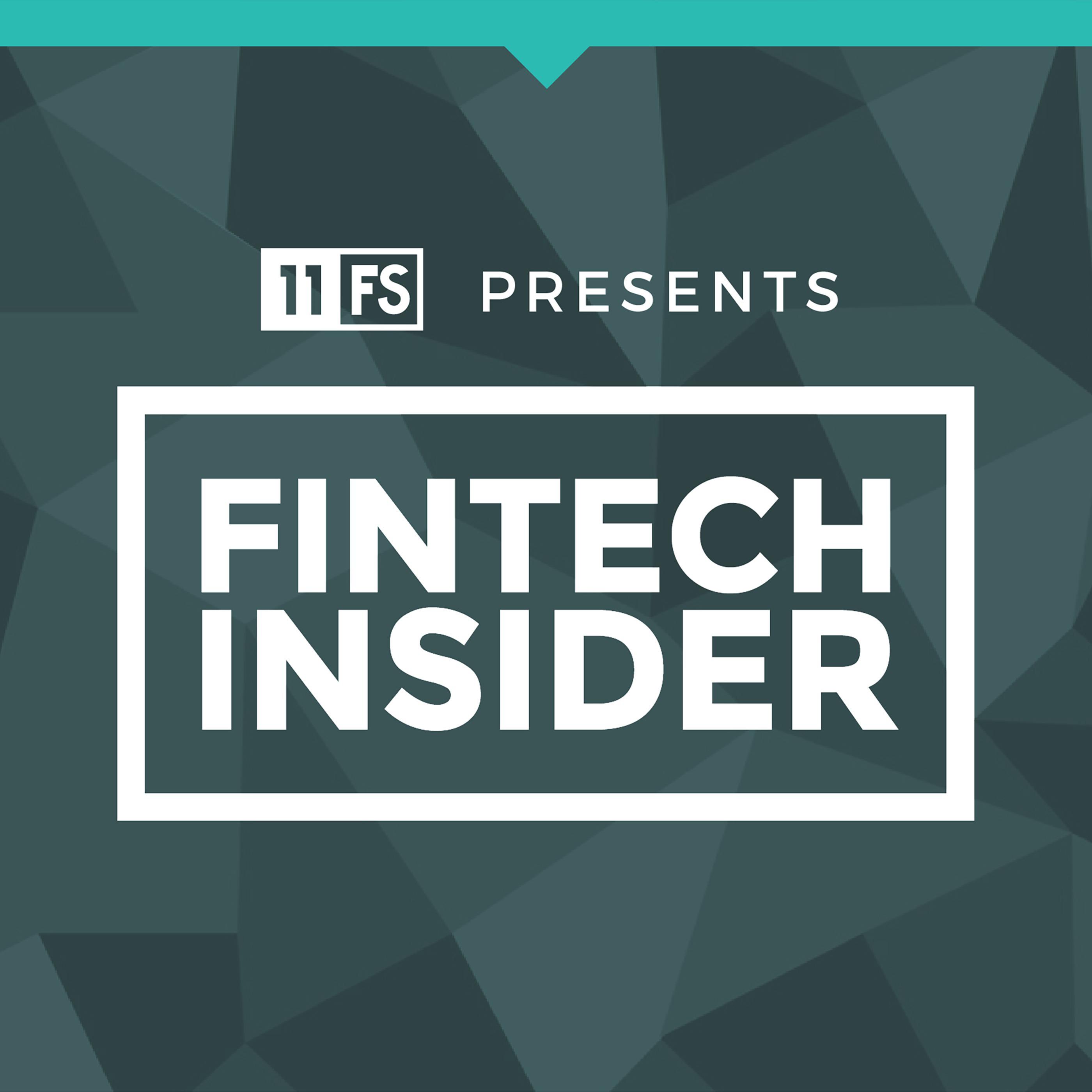
192
192. News: Everyone and their grandmother is buying into it
Alexandra Cheung and Charlie Wood join David, Jason and Ross to tackle the week's biggest stories in banking and fintech!

191
191. Interview: Aneesh Varma, CEO - Aire
Simon Taylor speaks to Aneesh Varma, CEO and founder of Aire.

37
37. Sandra Ro, Women in Blockchain and Tracking Crypto Crime
On today's episode, Simon and Colin talk about Binance bounties, Traceable Bitcoin and much more! We also bring you an interview with the wonderful Sandra Ro! Her insights were excellent as always.

190
190. News: Imagine if the Kardashians could code
For International Women's Day, Producer Laura and Sarah Kocianski co-host the news show alongside special guests, Caroline Plumb, CEO of Fluidly, Klarna's Laurel Wolfe and 11:FS' own Veronique Constans.

189
189. Insights: Women in Fintech
After celebrating International Women's Day, we bring you a plethora of interviews with leading women in Fintech! We bring you interviews with: -Rachel Kent - Head of Global Financial Institutions Sector, Hogan Lovells -Wendy Jephson - Co-founder & Chief Behavioural Specialist, Nasdaq Sybenetix -Sophie Bialaszewski - Head of Innovation, Lloyds Banking Group -Min Teo - VP of Operations, Yoyo Wallet -Adizah Tejani - Director of Marketing, Token, Inc

36
36. The Empire Strikes Bitcoin and an Exclusive Interview With Joe Lubin
Today, Coinbase has got them self in some trouble after allegations that their staff may or may not have 'taken advantage' of Bitcoin Cash being launched on their platform, Mark Carney warns that crypto-assets must face similar regulatory scrutiny as financial markets and UK Shadow Home Secretary Dianne Abbott calls Bitcoin a Ponzi scheme? We also bring you a great interview with non other than Ethereum and Consesys founder Joe Lubin!

10
InsurTech Insider Episode 10: Connected Homes
On today's episode we were joined by a plethora of insurance wizards to discuss Connected homes. Zurich head of market management Arslan Hannani, Cocoon co-founder Colin Richardson, PolicyCastle co-founder Kristian Feldborg and Fing head of business development Patrizia Cozzoli. How are IOT and data going to change a fragmented retail market with regards to insurance?

188
188. News: Pump that Money
In this week's news show we had representation from both sides of the Atlantic as Nina Mohanty, Doug Bobenhouse and Valentina Kristensen joined new host Ross Gallagher in his first rodeo in the hosting seat, and Simon Taylor to discuss the week's biggest stories.

187
187. Interview: Interview with Stefan Ebner, CEO of BrainTribe
Today we bring you an interview with CEO of BrainTribe Stefan Ebner. BrainTribe aim to create the open source operating system for data, enabling a world of data democracy and mass innovation.

186
186. News: Fist bumps over the Atlantic
This week we had great news from both sides of the Atlantic, lots of team ups and partnerships plus some of the sillier crypto stories we've seen Taking on all of this along side host Simon Taylor were Megan Caywood, Chief Platform Officer at Starling; Edward Berks - Director of Banking, Fintech & Ecosystem at Xero, and our very own Ross Gallagher, Principal Consultant in our 11:FS Research Team.

185
185. Insights: Fintech for All
In this episode Simon Taylor chairs a round table discussion on financial inclusion, based around Tech City UK's Fintech For All competition, and he's joined by the winner, event sponsors and event organisers.

34
34. Vitalik drops crypto truth bombs, Ellen explains bitcoin and the Brooklyn project
Simon and Colin discuss the Whitehouse holding off on Bitcoin regulation, Ellen Degeneres explaining Bitcoin, Telegram's ICO money and much, much more. We also bring you an interview with Patrick Berarducci and Matt Corva from Consensys about Brooklyn Project.

9
InsurTech Insider Episode 9: Insurance on a Blockchain - the Blockchain Insider Takeover!
In this very special show, we let our sister podcast Blockchain Insider takeover the mics, as Simon Taylor leads a roundtable focusing on blockchain and insurance and the different opportunities and ways of thinking that can be tapped into using smart contracts and DLT, while co-host Colin G Platt interviews Stephan Karpischek, Co-founder of Etherisc, who are building decentralized insurance applications.

184
184. Fintech Insider After IV - The Valentine's Day Edition
In this episode, we bring you our fourth After Dark special, recorded in front of a live audience as Jason and Simon are joined by Niall Cameron, Ross Gallagher, Sarah Kocianski and Valentina Kristensen to discuss the week's biggest and silliest stories.
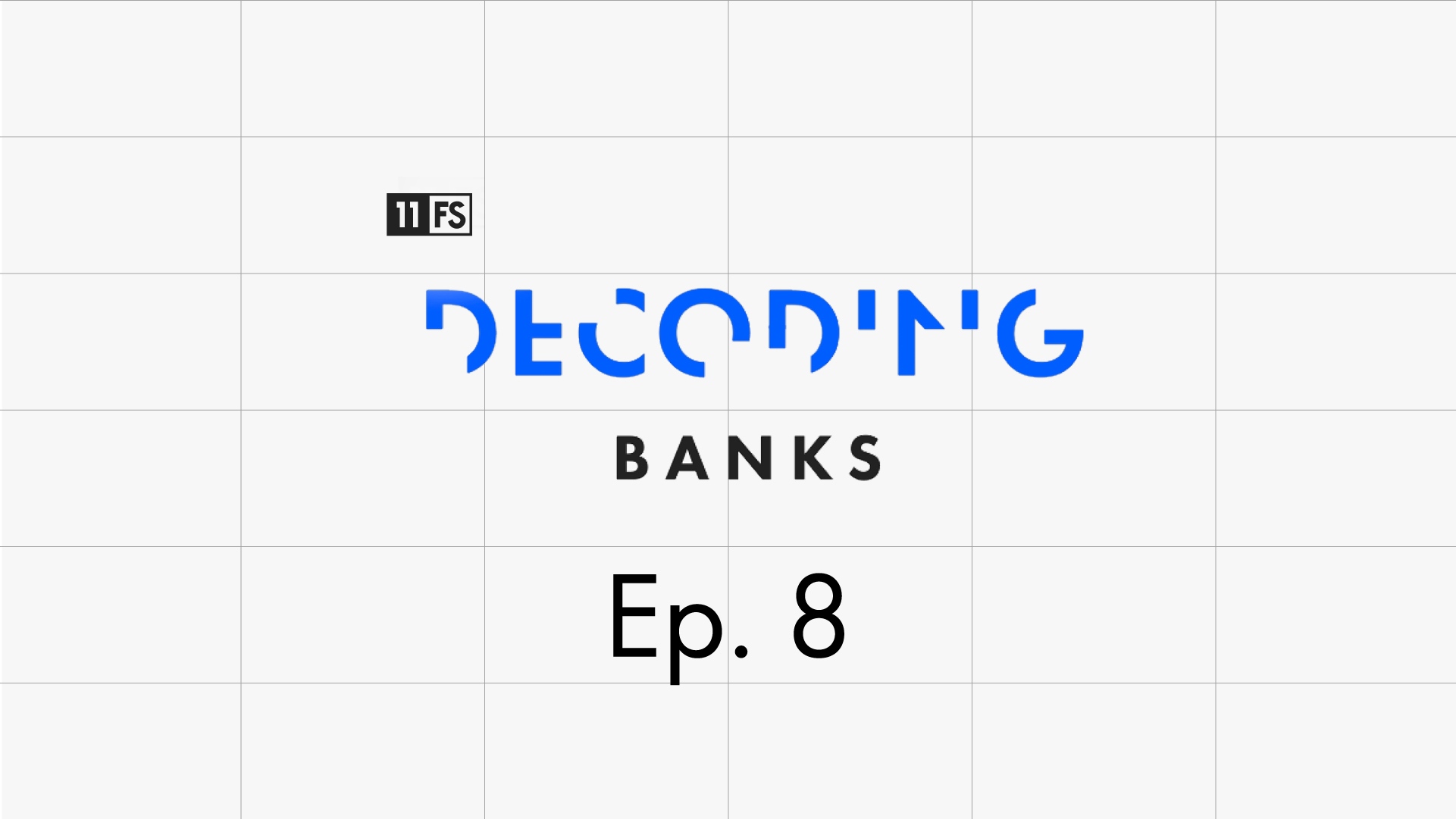
What are fintechs? - Decoding: Banks
Ever wanted to know what’s going on behind the scenes every time we make a payment?

How does banking regulation work? - Decoding: Banks
Regulation is essential. It stops banks from going bust or behaving badly.
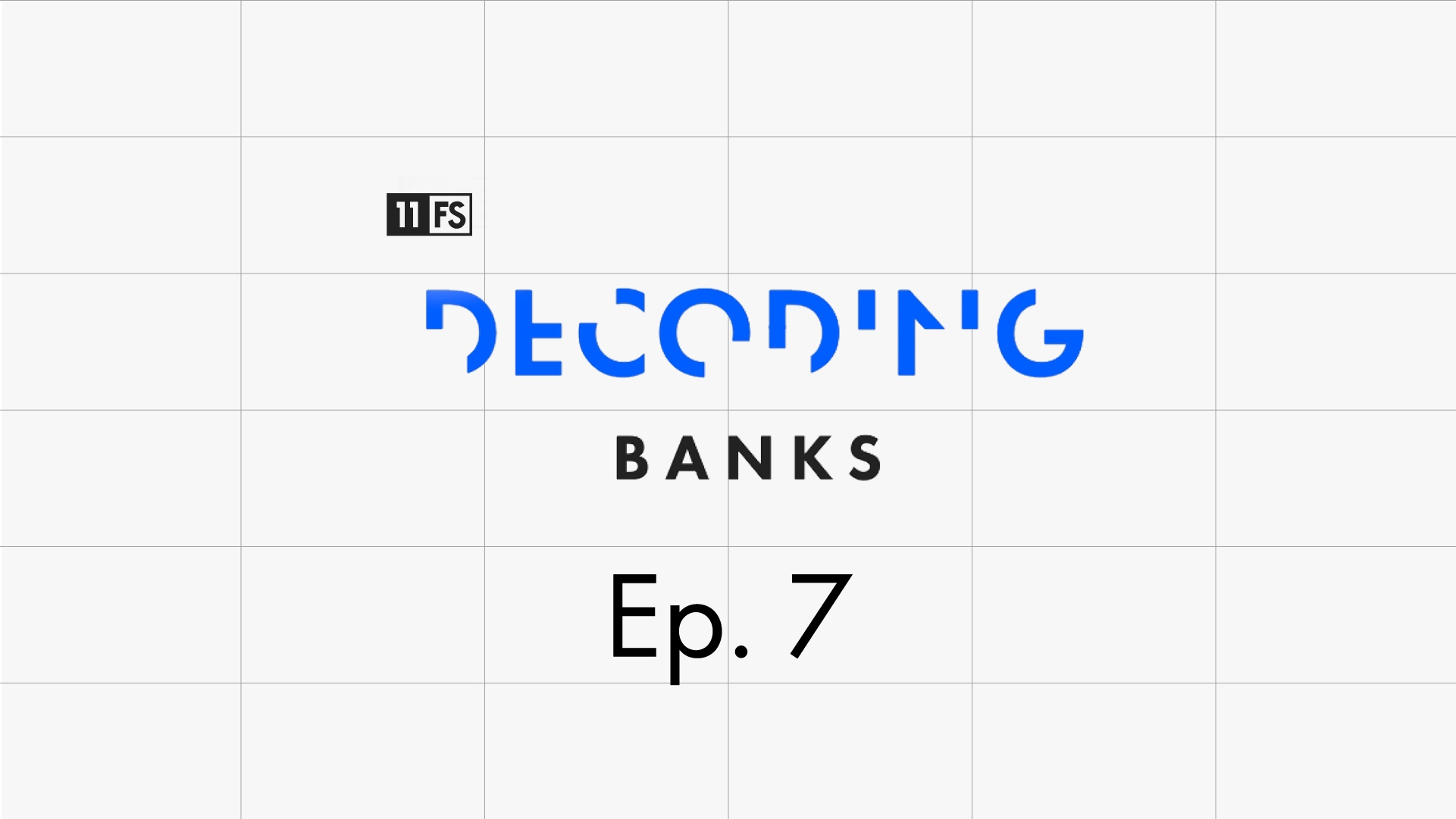
How has software evolution influenced banking? - Decoding: Banks
The invention of the computer revolutionised banking in the 1950s.

How does lending work? - Decoding: Banks
Lending has been around for thousands of years and is one of the cornerstones of banking.
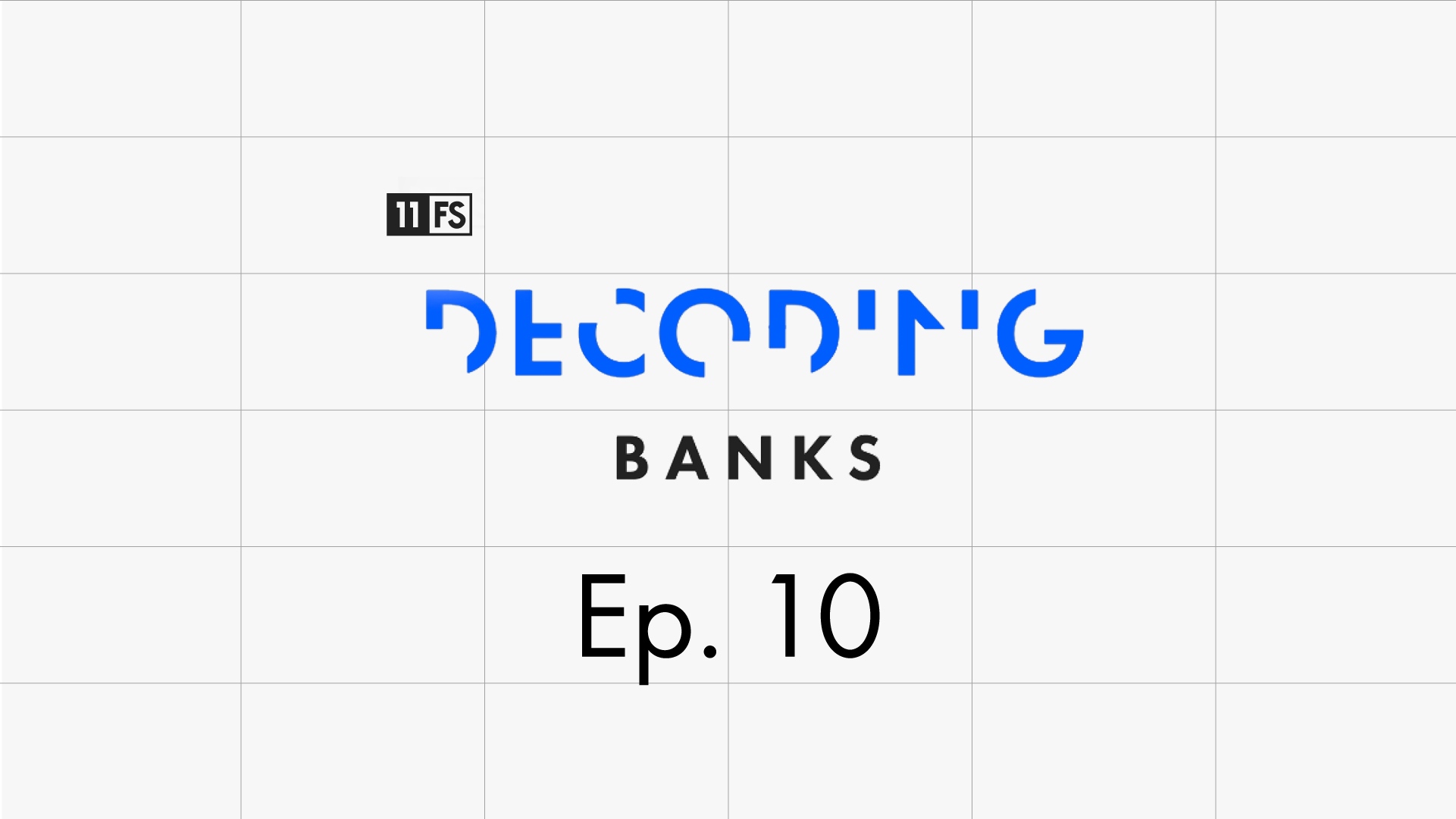
How can traditional banks win on the banking battlefield? - Decoding: Banks
They're down, but they're not certainly not out.
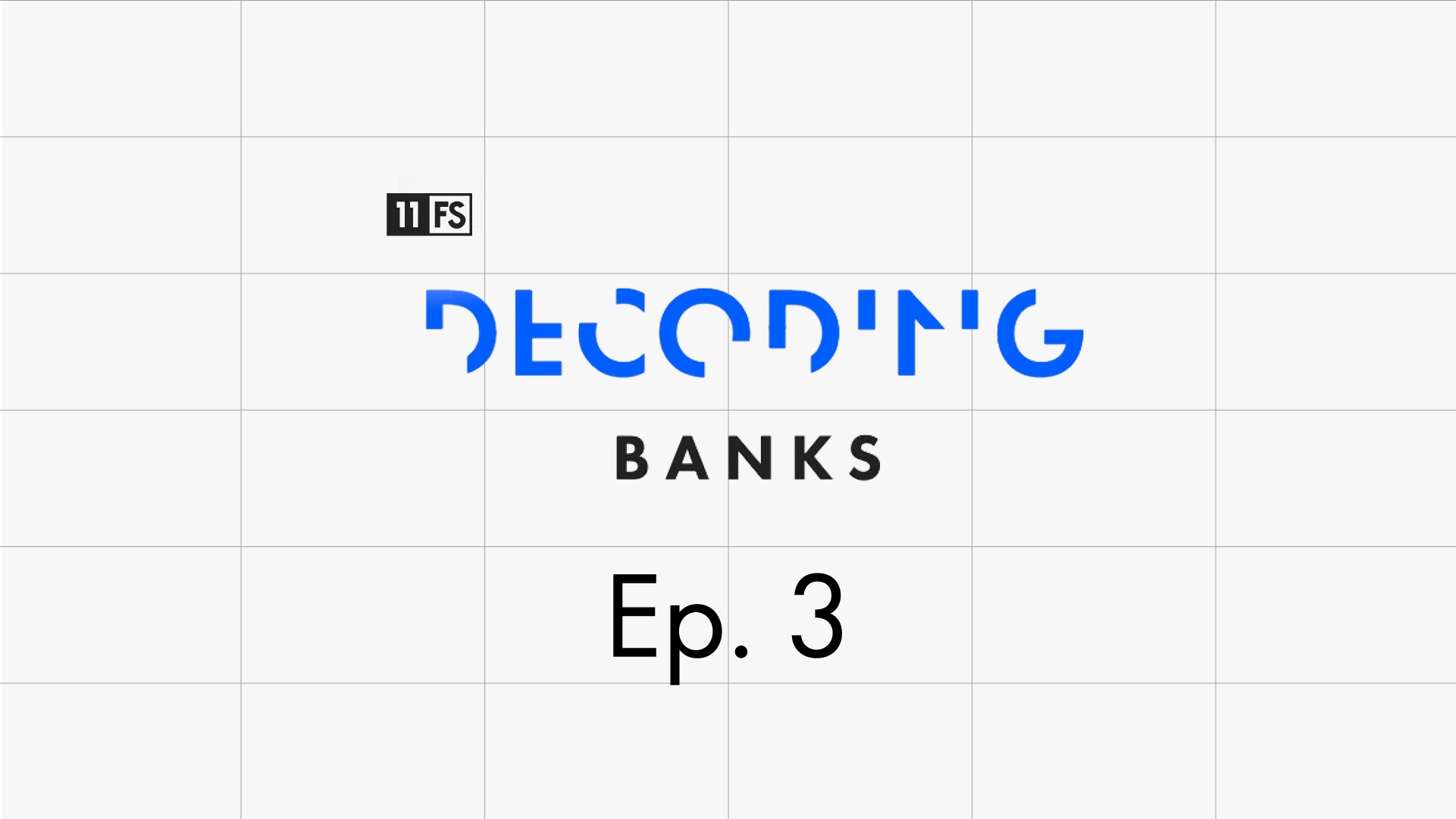
How do card networks operate? - Decoding: Banks
Mastercard and Visa are the two biggest credit card networks in the world.
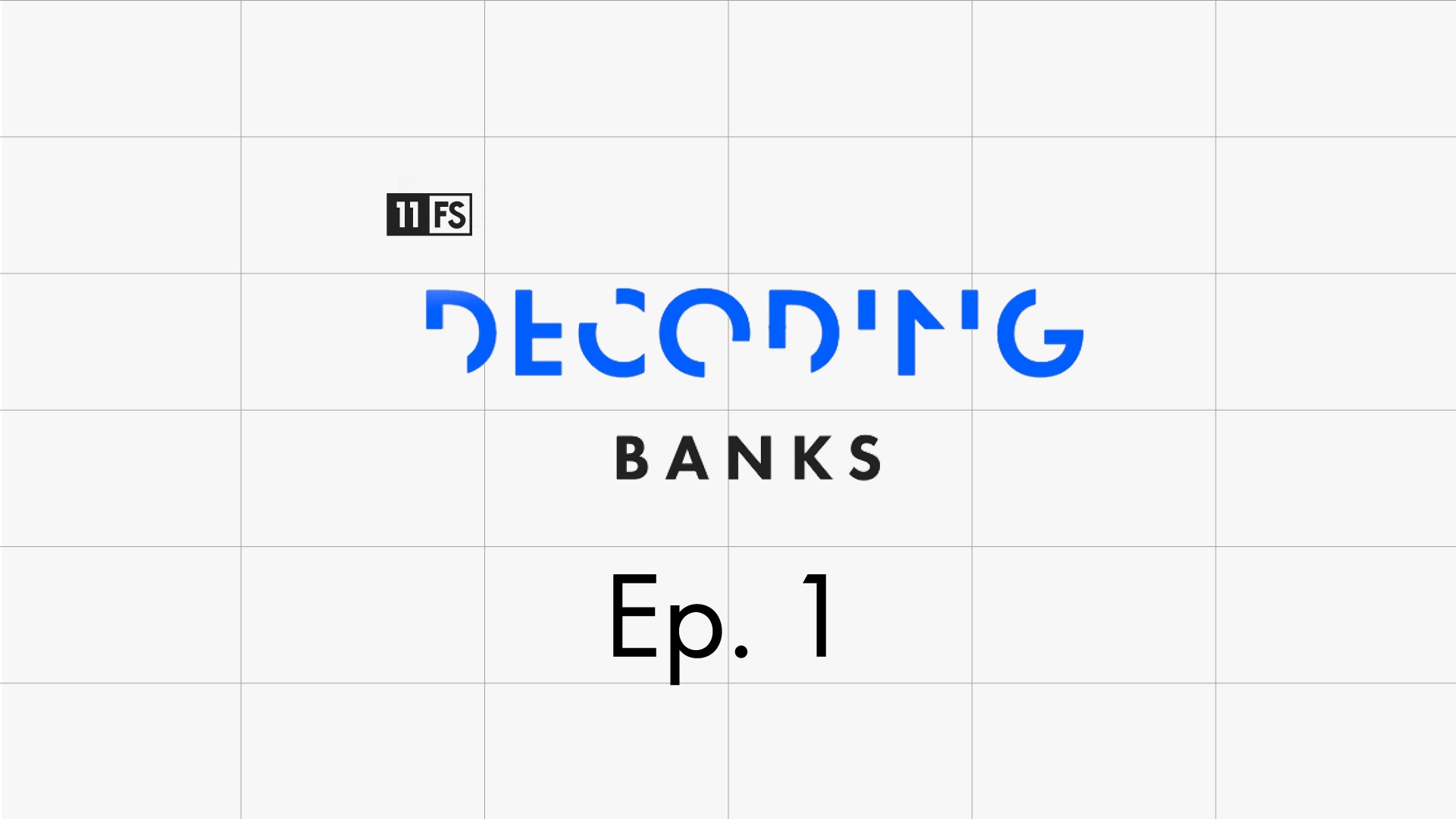
How has the banking battlefield evolved? - Decoding: Banks
We kick off our Decoding: Banks series with a look at the banking landscape today and how we got here.

11:FS Explores: Legacy banking systems ft. David M. Brear
David M. Brear, our 11:FS CEO, takes us through legacy technology within banks - but of course, with a really cool Lightboard.
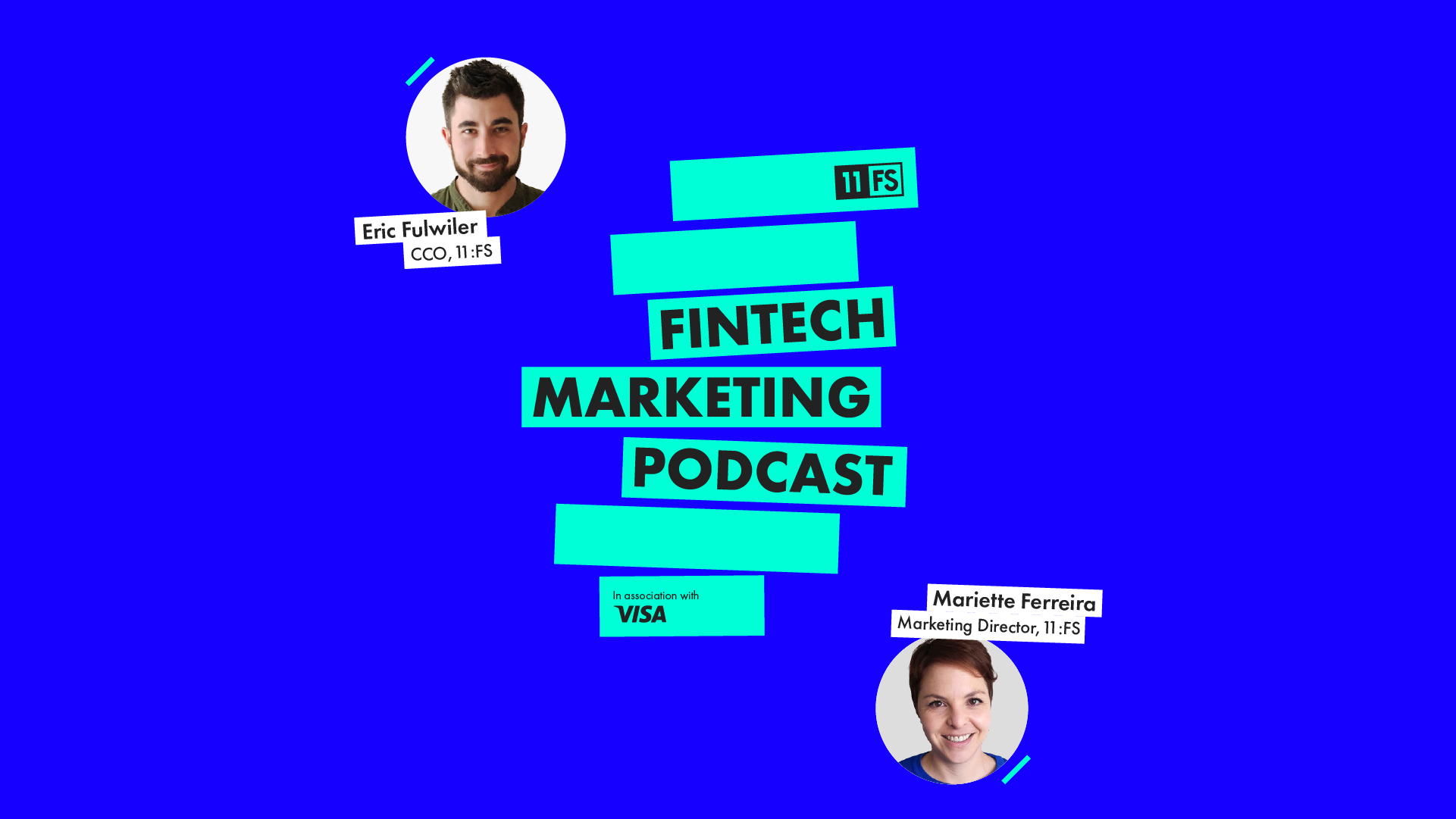
Fintech Marketing Podcast Season 2 Preview
Fintech Marketing Podcast Season 2: Coming soon

960
Insights: The future of Revolut with UKCEO Francesca Carlesi
The UK banking battlefield has never been more competitive. Customers expectfinancial apps that are personalised, seamless, and that genuinely make a differenc...

960
Insights: The future of Revolut with UKCEO Francesca Carlesi

960
Insights: The future of Revolut with UKCEO Francesca Carlesi
The UK banking battlefield has never been more competitive. Customers expectfinancial apps that are personalised, seamless, and that genuinely make a differenc...

960
Insights: The future of Revolut with UKCEO Francesca Carlesi

960

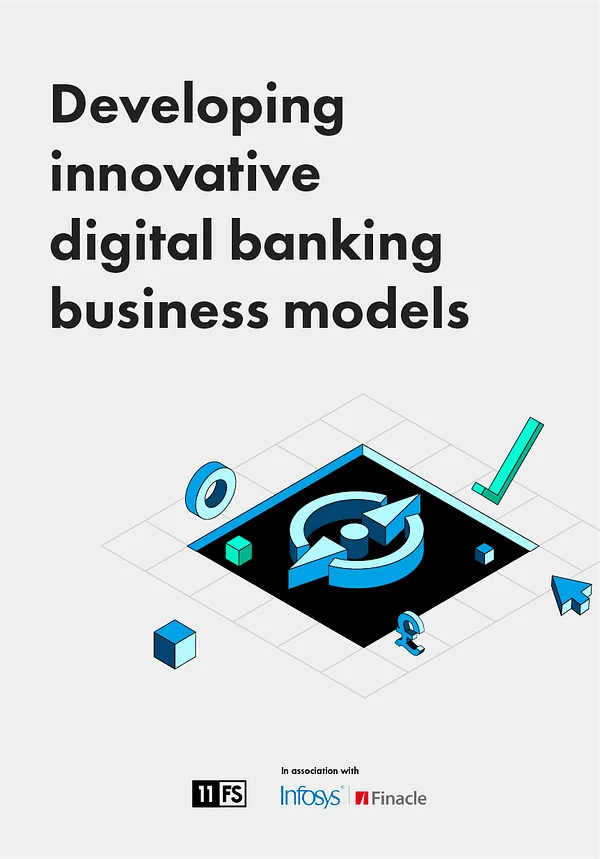


.svg)
.svg)

